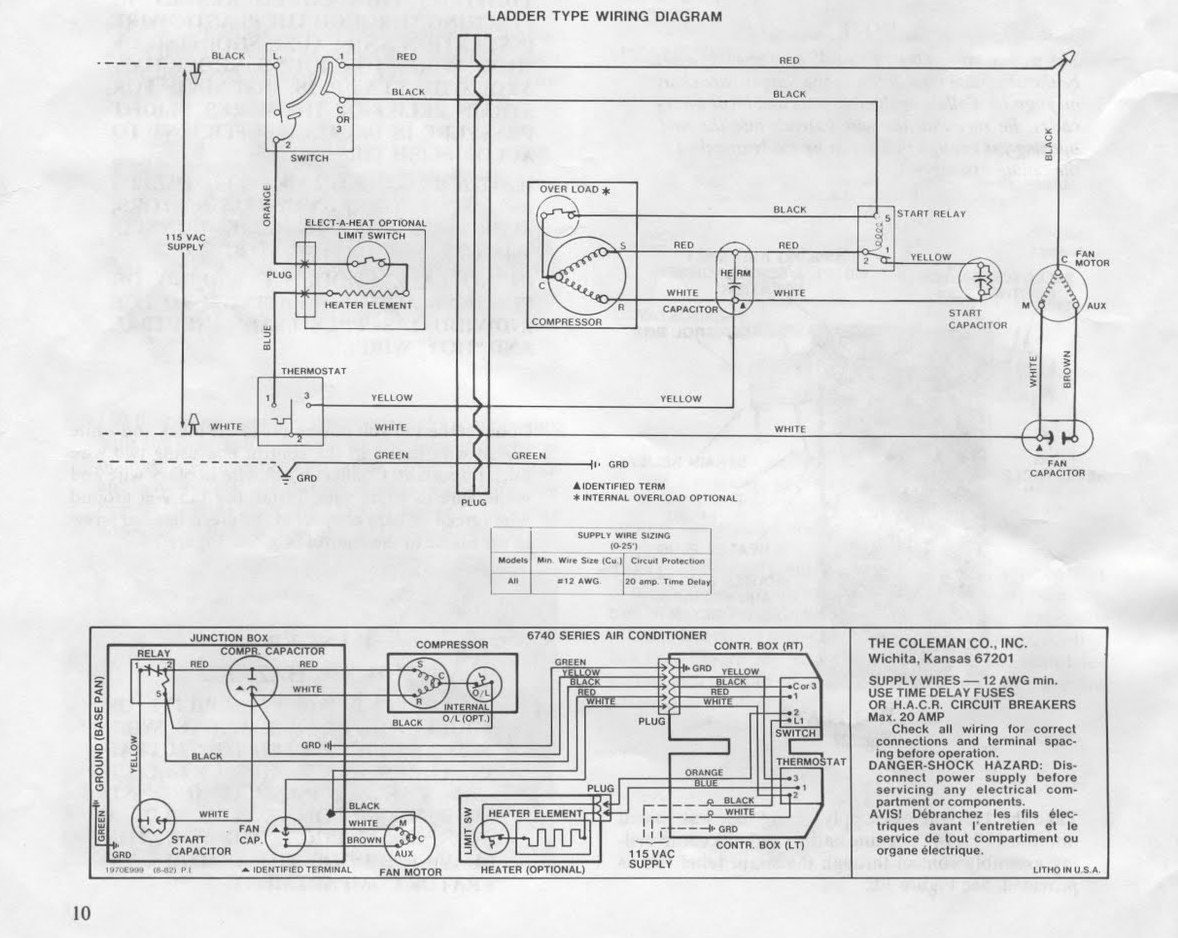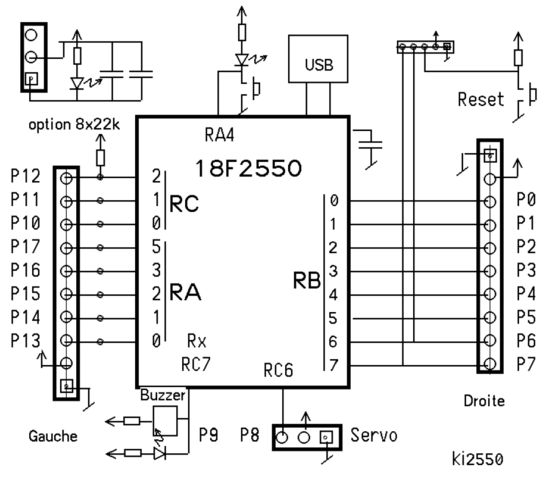Coleman Mach Rv Air Conditioner Wiring Diagram
When it comes to installing or repairing an RV air conditioner, having a Coleman Mach Rv Air Conditioner Wiring Diagram is essential. This diagram is a detailed schematic that illustrates the connections and components of the air conditioning system. By following the wiring diagram, you can ensure that the installation or repair is done correctly and efficiently, avoiding any potential issues or malfunctions.
Importance of Coleman Mach Rv Air Conditioner Wiring Diagram
- Ensures proper installation of the air conditioning system
- Aids in troubleshooting electrical problems
- Helps in understanding the wiring connections and components
- Ensures safety and efficiency of the system
Reading and Interpreting the Wiring Diagram
Reading and interpreting a Coleman Mach Rv Air Conditioner Wiring Diagram may seem daunting at first, but with some guidance, it can be easily understood. Here are some tips to effectively read and interpret the wiring diagram:
- Start by identifying the key components and connections on the diagram
- Follow the wiring paths and connections to understand the flow of electricity
- Pay attention to color codes and symbols used in the diagram
- Refer to the legend or key provided with the diagram for further clarification
Using Wiring Diagram for Troubleshooting
One of the main purposes of a Coleman Mach Rv Air Conditioner Wiring Diagram is to troubleshoot electrical problems that may arise. By following the diagram, you can easily identify the source of the issue and make the necessary repairs or adjustments. Here are some steps to use the wiring diagram for troubleshooting:
- Identify the problem area or component on the diagram
- Trace the wiring connections to find any faulty or damaged parts
- Check for continuity and proper voltage levels at various points in the system
- Refer to the wiring diagram to make the correct repairs or replacements
Importance of Safety
When working with electrical systems and using wiring diagrams, safety should always be the top priority. Here are some safety tips and best practices to follow:
- Turn off the power source before working on any electrical components
- Use insulated tools and equipment to prevent electric shock
- Wear appropriate safety gear such as gloves and goggles
- Avoid working on electrical systems in wet or damp conditions
- If you are unsure or uncomfortable with any aspect of the wiring diagram, seek professional help
Coleman Mach Rv Air Conditioner Wiring Diagram
Coleman Mach Ac Schematics

Coleman Mach Air Conditioner Wiring Diagram

Coleman Mach Air Conditioner Wiring Diagram – Diagram For You

Coleman-mach 3 Plus Manual

Wiring Diagram Coleman Mach 15 Air Conditioner – Wiring Diagram

Coleman Mach Wiring Diagram
